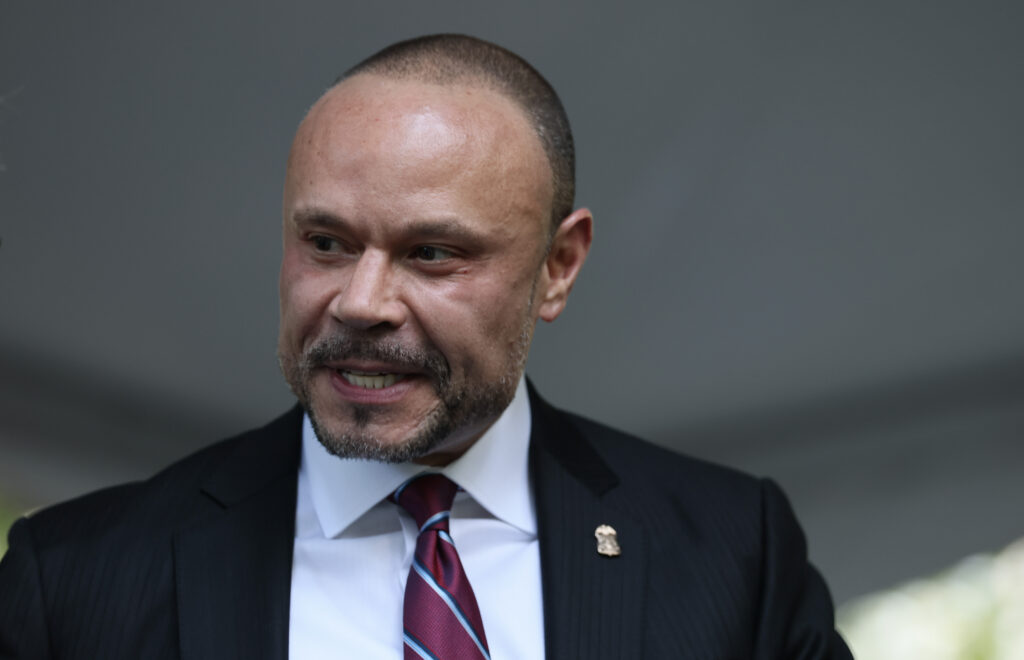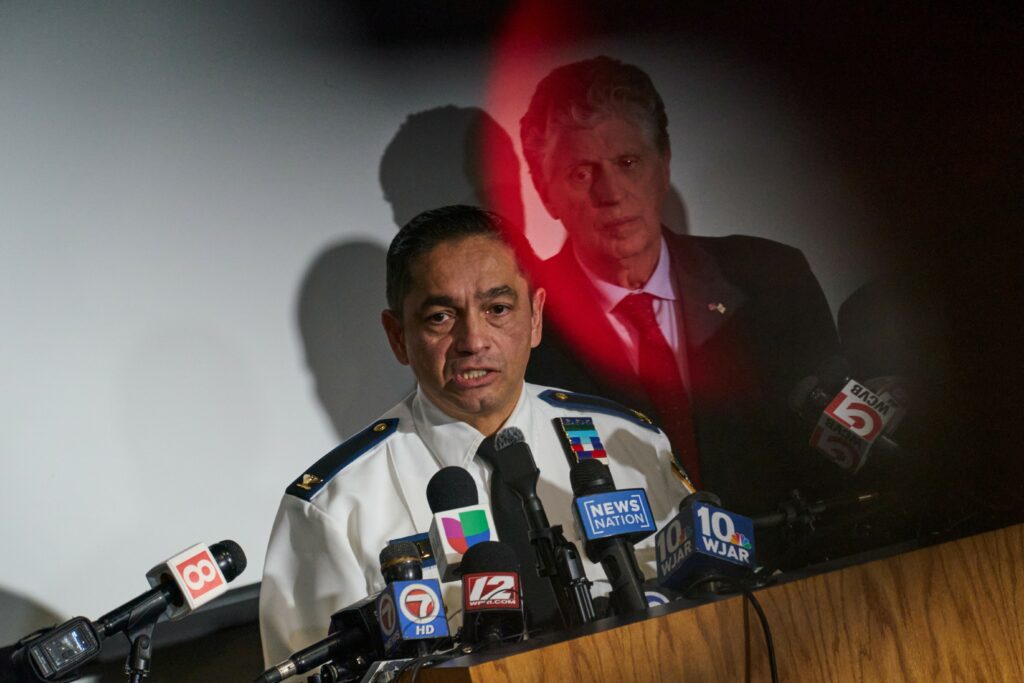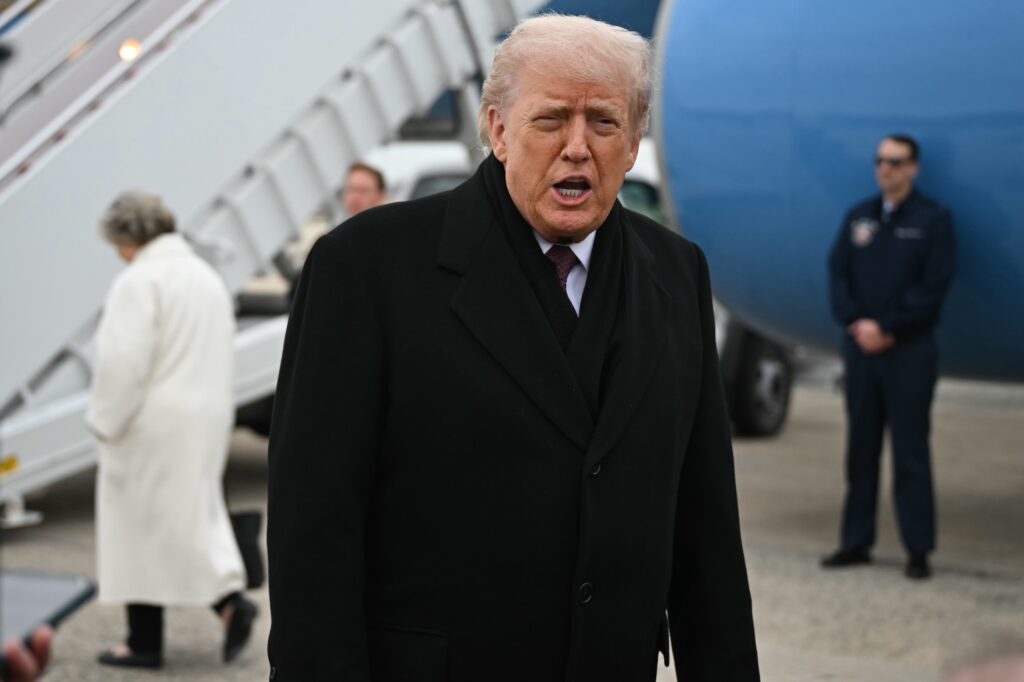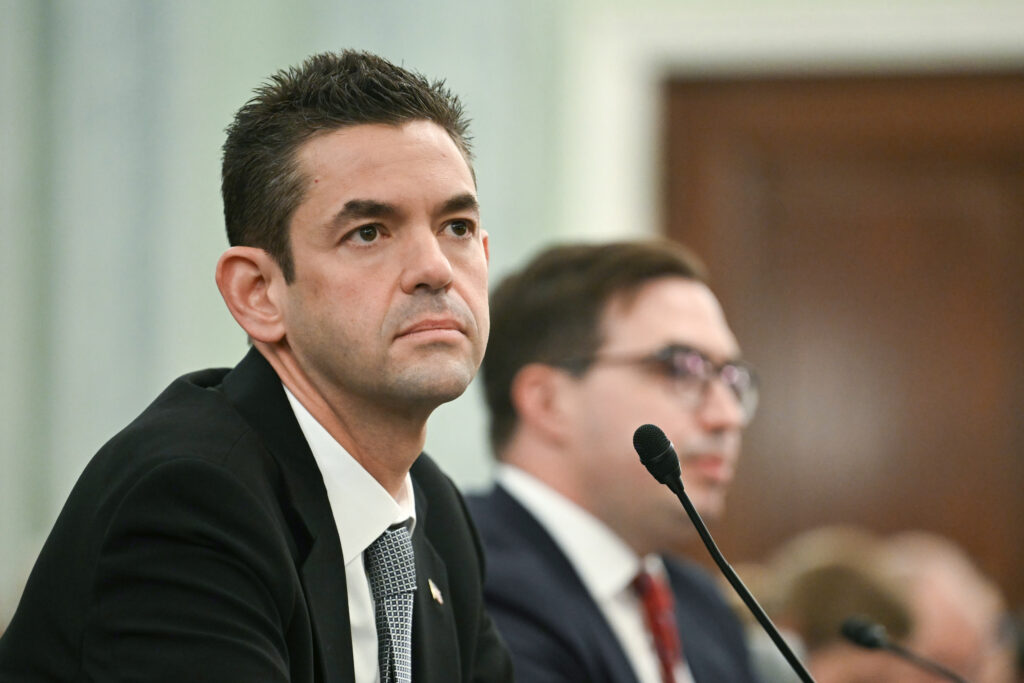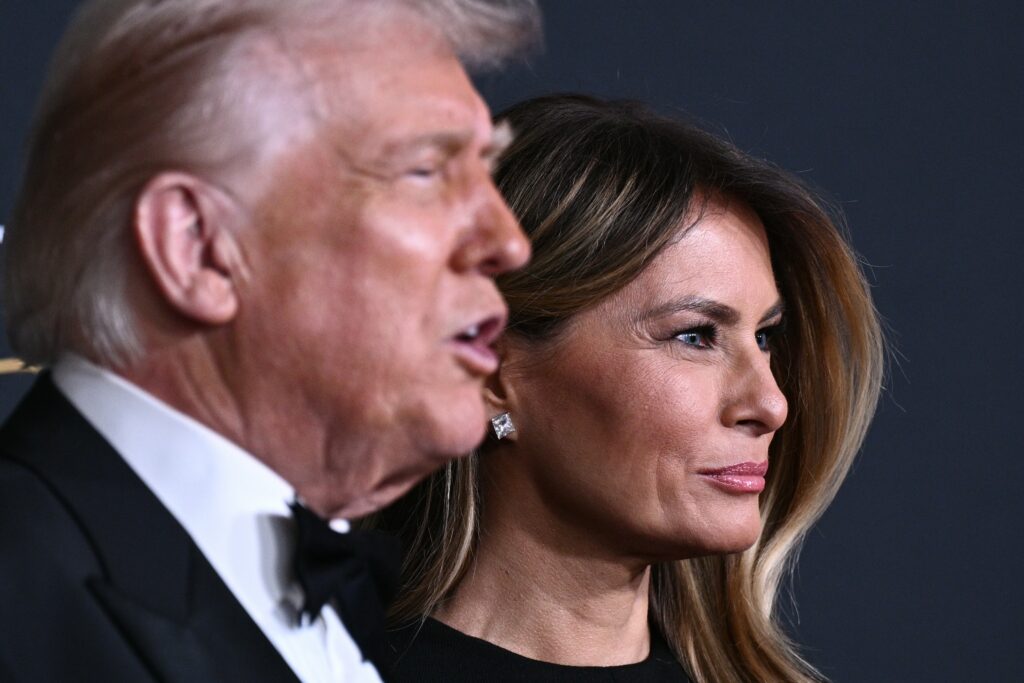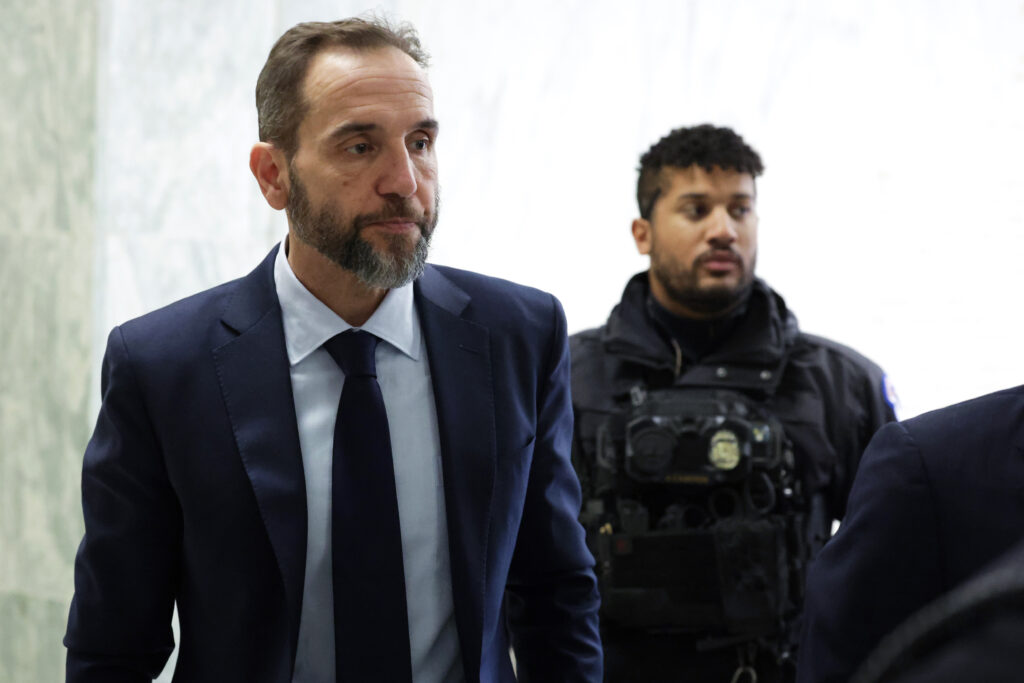The son of Hollywood director Rob Reiner made his first appearance in court Wednesday, charged with stabbing his parents to death in their Los Angeles home.In a very brief hearing thronged by media, Nick Reiner did not enter a plea to two counts of first-degree murder over a crime that has shocked the entertainment world.The 32-year-old, who has a troubled history of addiction, is next expected to appear in court on January 7 for a formal arraignment.Lawyer Alan Jackson told reporters the case needed to be treated with “restraint and with dignity.””This is a devastating tragedy that has befallen the Reiner family,” he said.”There are very, very complex and serious issues that are associated with this case. These need to be thoroughly but very carefully dealt with and examined and looked at and analyzed.”Jackson has so far refused to say who hired him.If convicted, Reiner could face life in prison without parole or the death penalty, although California does not routinely carry out capital punishment.Reiner was arrested on Sunday after the bodies of his 78-year-old filmmaker father and mother, photographer Michele Singer Reiner, 70, were discovered at their home in the upmarket Brentwood neighborhood of Los Angeles.Prosecutors said Rob Reiner — who directed huge hits including “When Harry Met Sally” and “A Few Good Men” — and his wife were stabbed to death.- Timeline -On Wednesday, a picture began to emerge of the timeline of a weekend that has left Hollywood in shock.According to US media reports, Nick Reiner, who lived in a guest property at his parents’ home, had attended a glitzy Hollywood party hosted by comedian Conan O’Brien on Saturday, where some attendees spoke of his behaving erratically.The New York Times, citing a source close to the family, said the couple had been due to dine with former president Barack Obama and his wife Michelle on Sunday evening, and had seemingly booked a massage appointment for that day.The paper said a therapist who arrived at the house had been unable to get an answer, so had contacted the couple’s daughter, Romy Reiner.When she arrived with a friend, she discovered her father’s body, and emergency services were called. Paramedics told her that her mother’s body was also at the property.Entertainment outlet TMZ reported that Nick Reiner had checked in to a Santa Monica hotel early Sunday morning.At a press conference on Tuesday, investigators declined to say what time they believed the couple had died.Police arrested Reiner several miles (kilometers) away from the scene of the crime late on Sunday evening.- ‘Devastating’ -In a statement issued Wednesday, Jake and Romy Reiner said the death of their parents was “horrific and devastating.””Words cannot even begin to describe the unimaginable pain we are experiencing every moment of the day,” the statement said. “The horrific and devastating loss of our parents, Rob and Michele Reiner, is something that no one should ever experience. They weren’t just our parents; they were our best friends.”We now ask for respect and privacy, for speculation to be tempered with compassion and humanity, and for our parents to be remembered for the incredible lives they lived and the love they gave.”Rob Reiner, the son of legendary comedian Carl Reiner, started his showbiz career in acting.He won fame as the oafish son-in-law Michael “Meathead” Stivic on groundbreaking 1970s sitcom “All in the Family,” before transitioning to directing. Even while leading behind the camera, he often appeared in cameo roles in his own films.As a director, he struck Hollywood gold.His output included classic films like 1984’s rock music mockumentary “This is Spinal Tap,” fantasy gem “The Princess Bride” from 1987, and seminal coming-of-age movie “Stand By Me.””A Few Good Men,” starring Hollywood heavyweights Tom Cruise and Jack Nicholson, earned an Oscar nomination for Best Picture.
